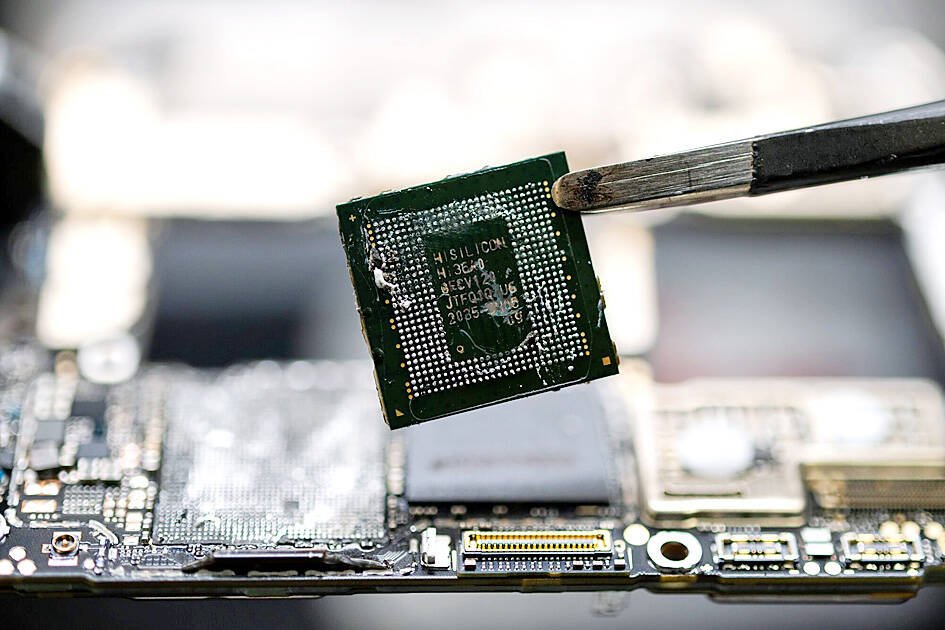The Semiconductor Industry Association was cited in the report, indicating that Huawei has established its own network of chip manufacturers with backing from the Chinese government.

In response to recent allegations, Taiwan’s Minister of Economic Affairs, Wang Mei-hua, has clarified that four Taiwanese firms accused of assisting Chinese telecom giant Huawei in building a covert network of chip plants are not providing essential technologies to the sanctioned Chinese firm.
Wang highlighted that Taiwan’s laws explicitly prohibit local companies from supplying crucial technologies to China while also engaging in business ventures within the Chinese market.
The Taiwanese firms mentioned in a Bloomberg report are subsidiaries of prominent entities in the industry. These include a subsidiary of chip material reseller Topco Scientific Co, a subsidiary of cleanroom equipment supplier L&K Engineering Co, a subsidiary of construction specialist United Integrated Services Co, and chemical supply system provider Cica-Huntek Chemical Technology Taiwan Co.
Bloomberg’s investigation highlighted the unusual cooperation between these Taiwanese firms and US-sanctioned Huawei. It questioned the effectiveness of US sanctions, particularly after Huawei unveiled a smartphone featuring an advanced chip fabricated in China.
This development prompted concerns in Washington, leading the US Congress to advocate for a complete severance of ties between the US government and Huawei, as well as with Shanghai-based contract chipmaker Semiconductor Manufacturing International Corp (SMIC).
The Semiconductor Industry Association was cited in the report, indicating that Huawei has established its own network of chip manufacturers with backing from the Chinese government. Additionally, the company has relied on three relatively unknown firms in Shenzhen for chip production based on its designs.
Minister Wang stressed that all Taiwanese investors operating in China must not only comply with Taiwan’s national security laws but also monitor their activities for potential violations of US export control measures, especially if their equipment falls under restricted categories according to American regulations.
Other officials emphasized the ministry’s commitment to closely monitoring Taiwanese firms’ business dealings with Huawei to safeguard their interests. They also urged Taiwanese companies to be mindful of potential risks associated with conducting business in China, advising strict adherence to US foreign direct product rules established in 1959 to regulate the sales of US technologies.
In response to the Bloomberg report, United Integrated Services and Topco Scientific asserted that they operated within legal parameters while conducting business in China. They emphasized compliance with Taiwan’s national policies and laws throughout their engagements in China.
While the subsidiary of United Integrated Services in Jiangxi Province, China, undertook construction projects for SwaySure Technology, the company affirmed that these contracts were executed in accordance with the law.
Topco Scientific clarified that its dealings with Pensun Technology involved environmental protection services and did not entail the provision of critical technologies.
The company emphasized that it did not supply semiconductor raw materials or equipment to Pensun Technology, and at the time of contract signing, the Chinese company was not on the US sanctions list. They also committed to considering future cooperation with Pensun Technology with prudence.
L&K Engineering and Cica-Huntek Chemical Technology were unavailable for immediate comment on the Bloomberg report.